Talisse is a philosophy professor at Vanderbilt University. ![]()
Politicians and pundits from all quarters often lament democracy's polarized condition.
Similarly, citizens frustrated with polarized politics also demand greater flexibility from the other side.
Decrying polarization has become a way of impugning adversaries. Meanwhile, the political deadlock and resentment that polarization produces goes unaddressed. Ironic, right?
Commentators rarely say what they mean by polarization. But if Americans are to figure out how to combat it, they need to begin from a clear understanding of what polarization is.
My forthcoming book, "Overdoing Democracy," argues that polarization isn't about where you get your news or how politicians are divided – it's about how a person's political identity is wrapped up with almost everything they do.
Polarization, three ways
Start with the obvious: Polarization is the political distance separating partisans. But this intuitive idea is not so simple, as political scientists have at least three ways of measuring political distance.
One compares the platforms of competing parties. Polarization is the extent to which these are opposed.
A second assesses each party's ideological homogeneity. This definition of polarization concerns how many of the party's officials are "moderates" or bridge-builders.
A third involves neither platforms nor officials, but instead the emotions of ordinary citizens who affiliate with a political party. It tracks the extent to which citizens dislike affiliates of other parties.
Research suggests that, although the major U.S. parties are severely polarized along the first two dimensions, the American public is no more divided now over policy than it was 30 years ago. In fact, on certain hot-button issues such as abortion and gay rights, rank-and-file citizens who identify with a political party have moved closer together.
Nonetheless, Americans believe that their policy divisions are especially pronounced. Polarization in the third sense has skyrocketed with interparty animosity more intense now than it has been for the past 25 years.
In other words, though Americans are less divided over the issues, we see ourselves as profoundly at odds. We more intensely dislike those we regard as politically different from ourselves.
This suggests to me that, when citizens detest those with opposing affiliations, political parties are driven to overstate their differences, stress ideological purity and vilify the opposition.
For example, consider the popular slur among Republicans, "RINO," – or Republican In Name Only – which derides GOP members who are seen to be insufficiently devoted to the party line.
A similar dynamic can be seen in discussions of those vying for the Democratic nomination, where hopefuls are often assessed according to the extent of their anti-Trump sentiments.
And just a few days ago, the president declared that certain Democratic House congresswomen are "dangerous" and may "hate America."
Thinking as a group
Here's an easy fix to this kind of polarization: Stop hating your political adversaries. But that's easier said than done.
Why do people despise those who are politically different from themselves?
The answer lies with a widespread cognitive phenomenon called group polarization. When you talk only to those you agree with, or listen only to news that affirms your opinions, you become more radical in your beliefs.
As people radicalize like this, they grow less able to comprehend opposing views, more likely to dismiss objections to their opinions and increasingly prone to regarding dissenters as incompetent and depraved.
Recall the last time you were present in a packed arena watching your favorite team win a home game. As you roared along with your fellow fans, everyone's enthusiasm for the team spiked. At the same time, animosity for the opposing team and its fans intensified. Your mood was elevated and your identity was affirmed. Cheering with fellow fans makes us feel good about ourselves.
Echo chambers
Online environments function as immense polarization machines. They enable individuals to select their information sources and filter out challenging or unfamiliar messages.
Many have suggested that people would become less polarized if they could only break out of their "echo chambers"and expose themselves to more diverse opinions.
However, there's a crucial difference between prevention and cure. Diversifying your media diet could help to prevent group polarization, but it may not reverse the polarization once it has taken effect.
A 2018 social media study exposed both Democrats and Republicans to Twitter messages from people with moderate, but opposing, viewpoints. By the end, participants actually expressed more partisan views than they had when the study began. Once group polarization has taken effect on a person, they tend to regard the expression of opposing viewpoints as an attack on their identity, and this affirms their negative attitude toward their political opposition.
People radicalize in concert with like-minded others due to the mutual affirmation of a shared identity. This behavior intensifies their shared attitudes, including a negative view of outsiders. This, in turn, generates the polarization of party platforms and officials.
From my perspective, there's no easy fix. The trouble lies with people regarding political affiliations as group identities, and their political parties as warring teams in a winner-take-all death match.
This article is republished from The Conversation under a Creative Commons license. Read the original article.

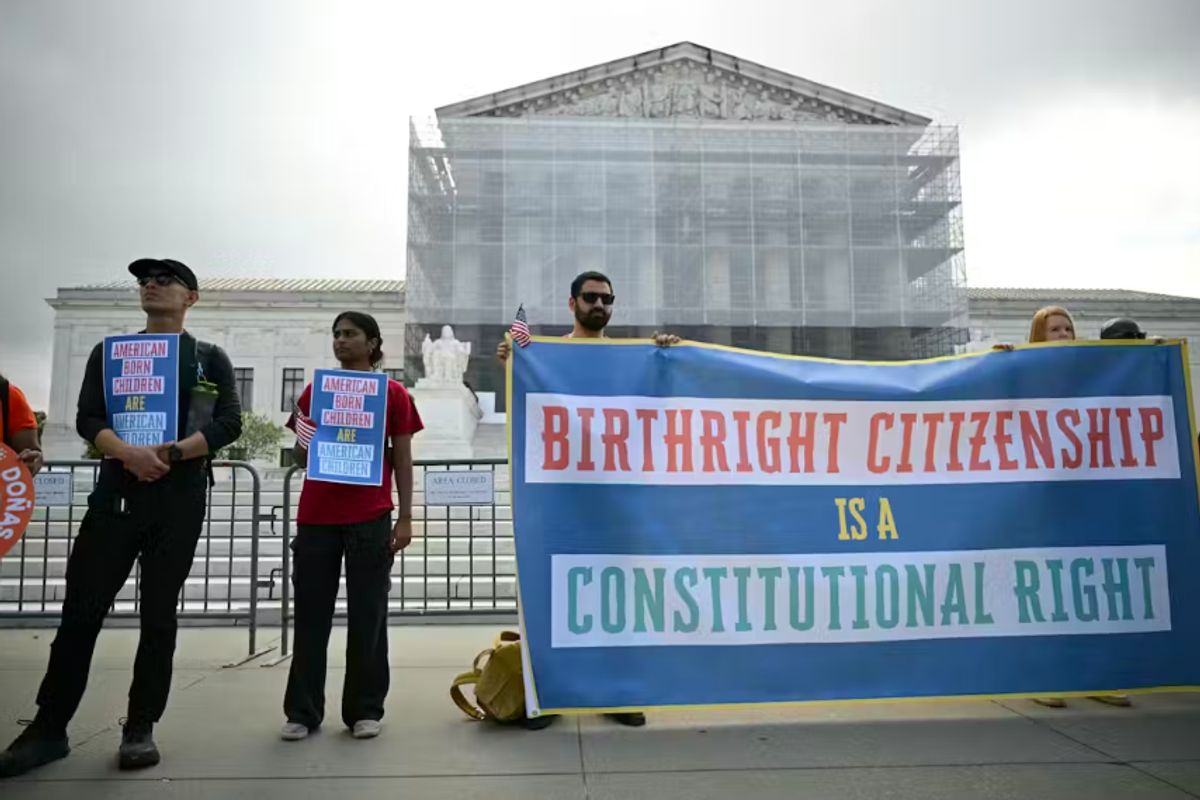

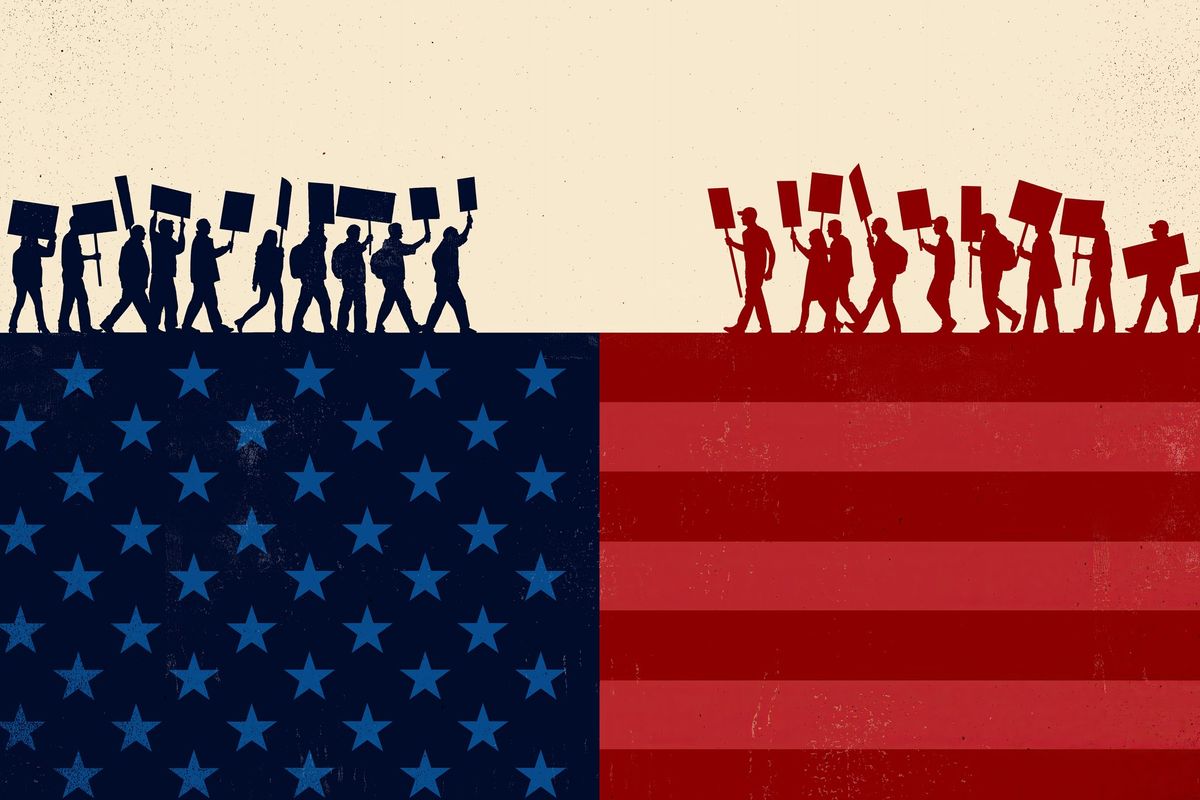
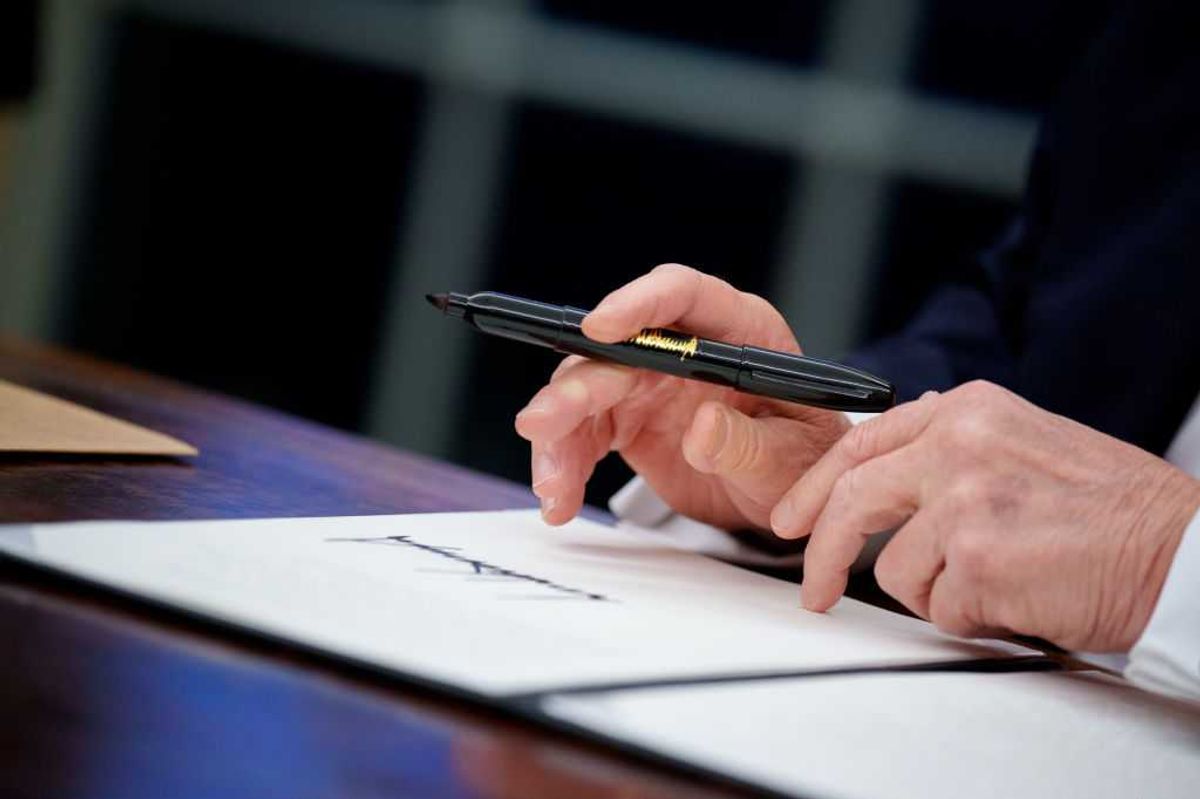
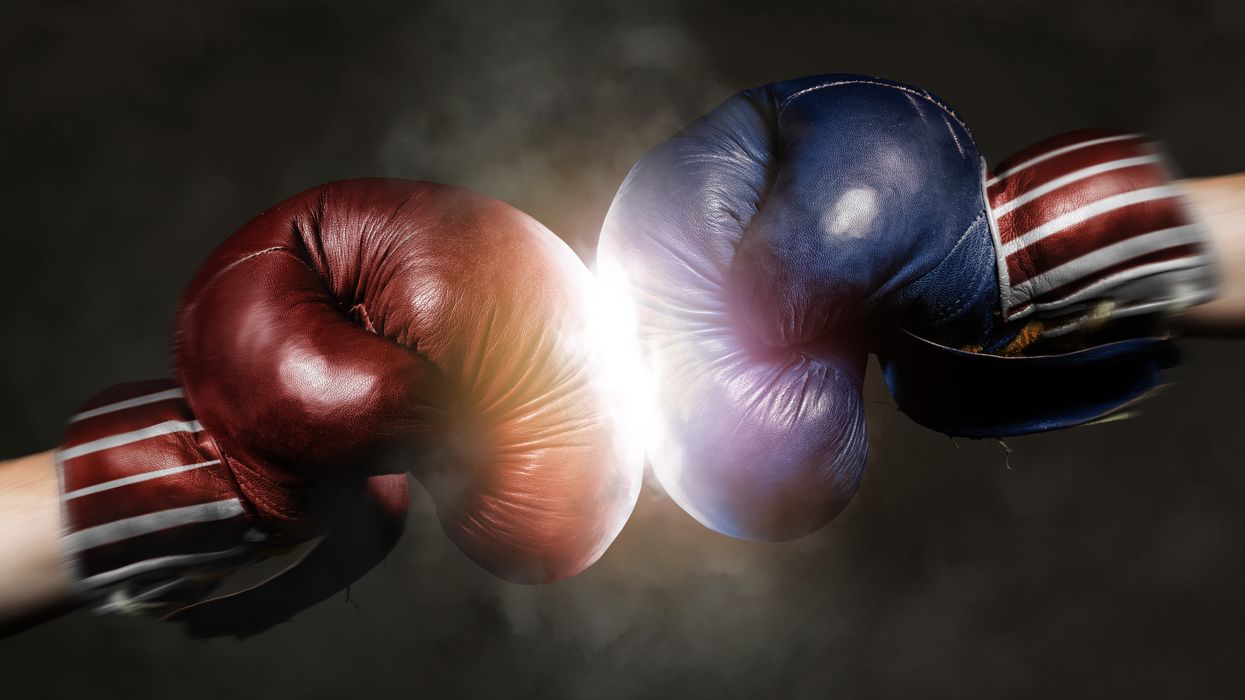


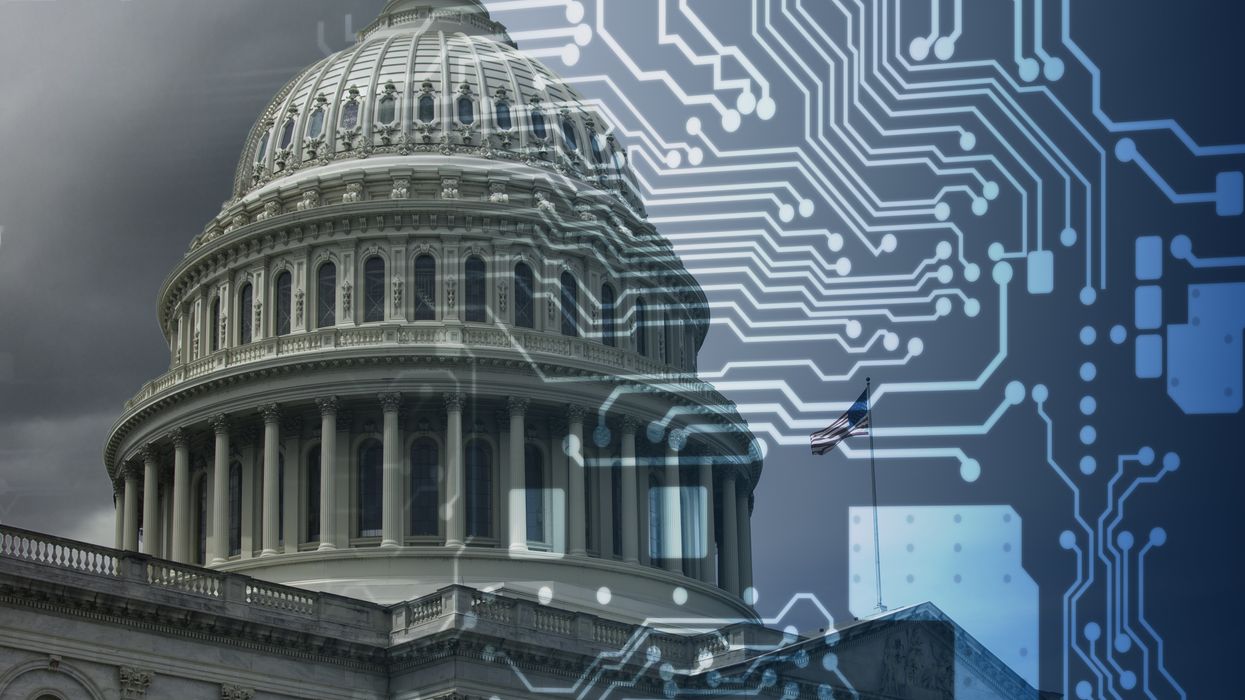
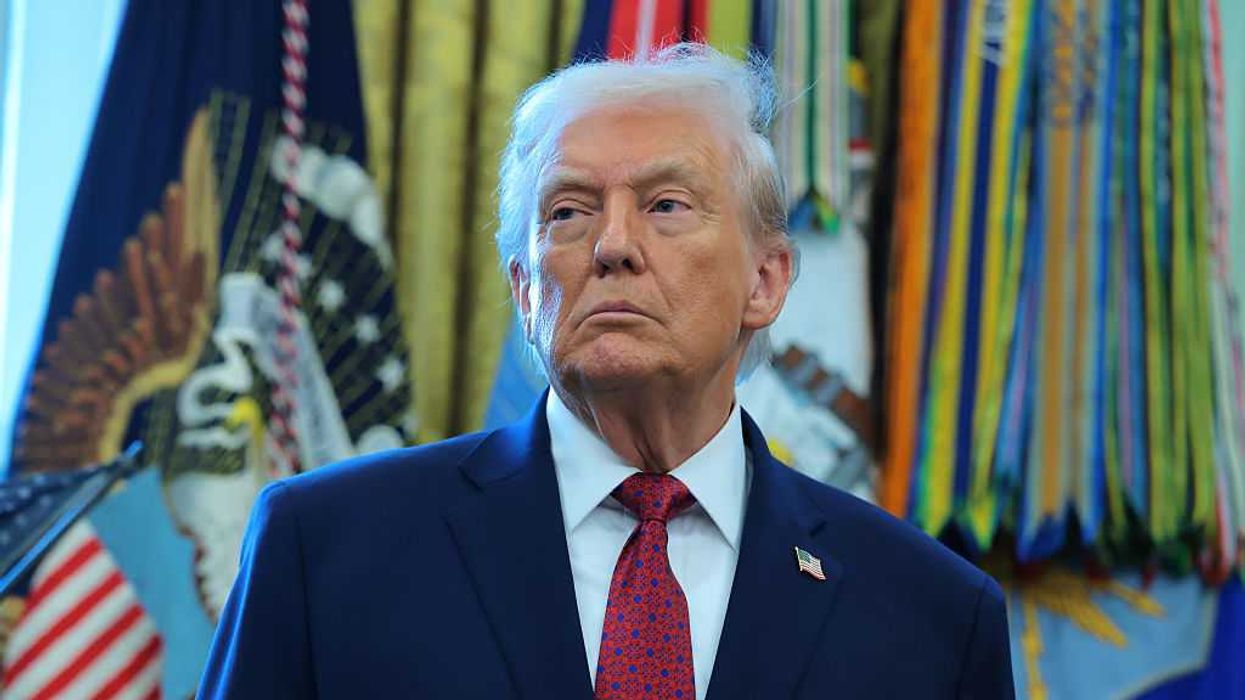






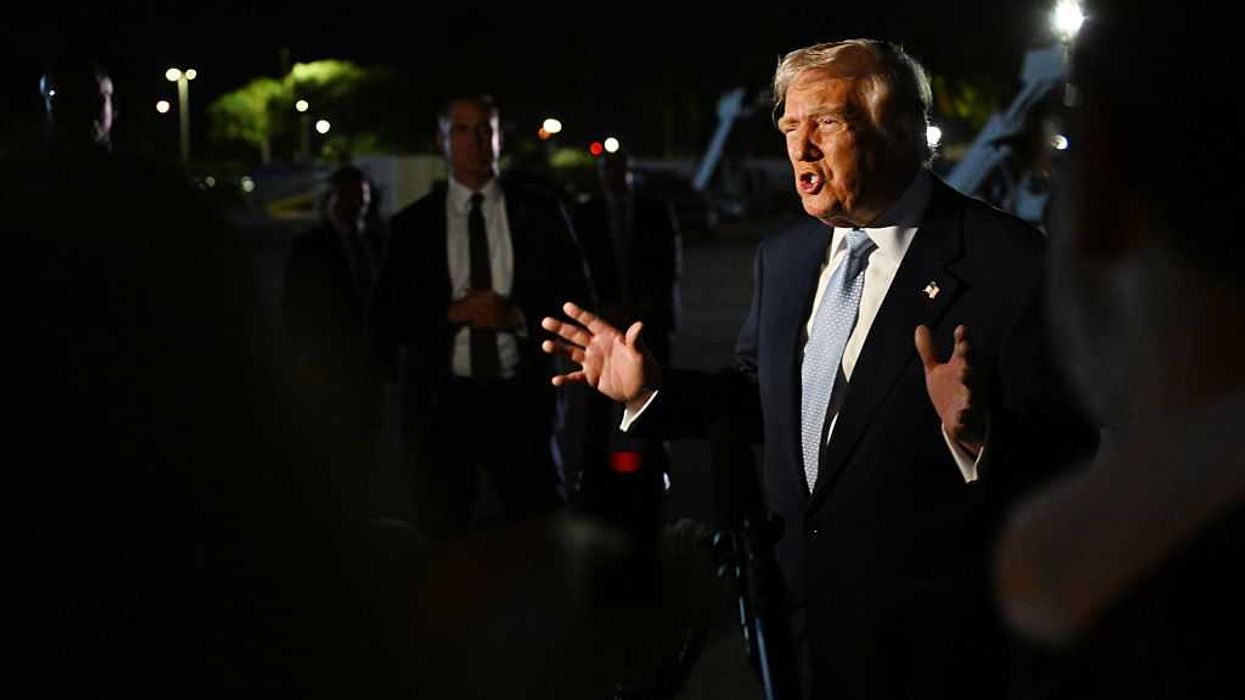

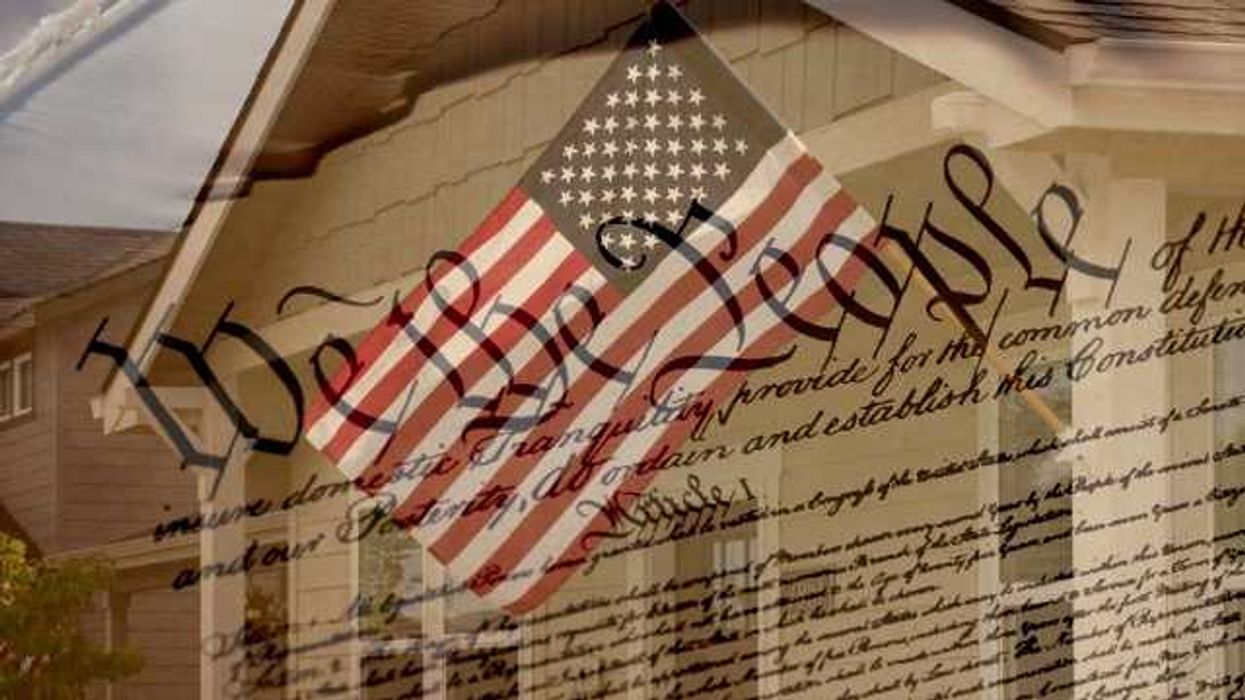
 Shannon Gormley, Rhode Island Public Schools
Shannon Gormley, Rhode Island Public Schools Les Sinclair, Blue Ridge Area Food Bank
Les Sinclair, Blue Ridge Area Food Bank Elena Casillas Hoffman,
Elena Casillas Hoffman, 
 Darrious Hilmon, Executive Director, CAN-TV
Darrious Hilmon, Executive Director, CAN-TV